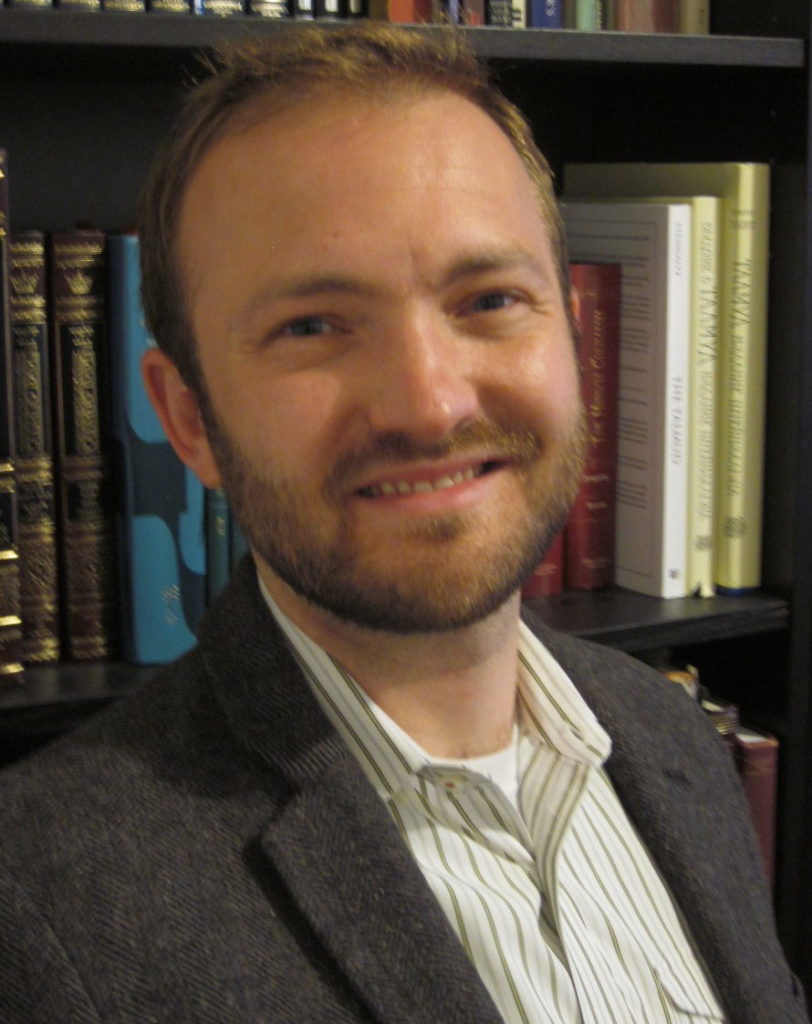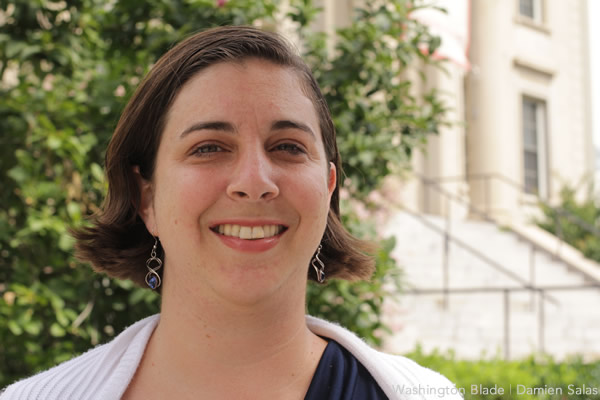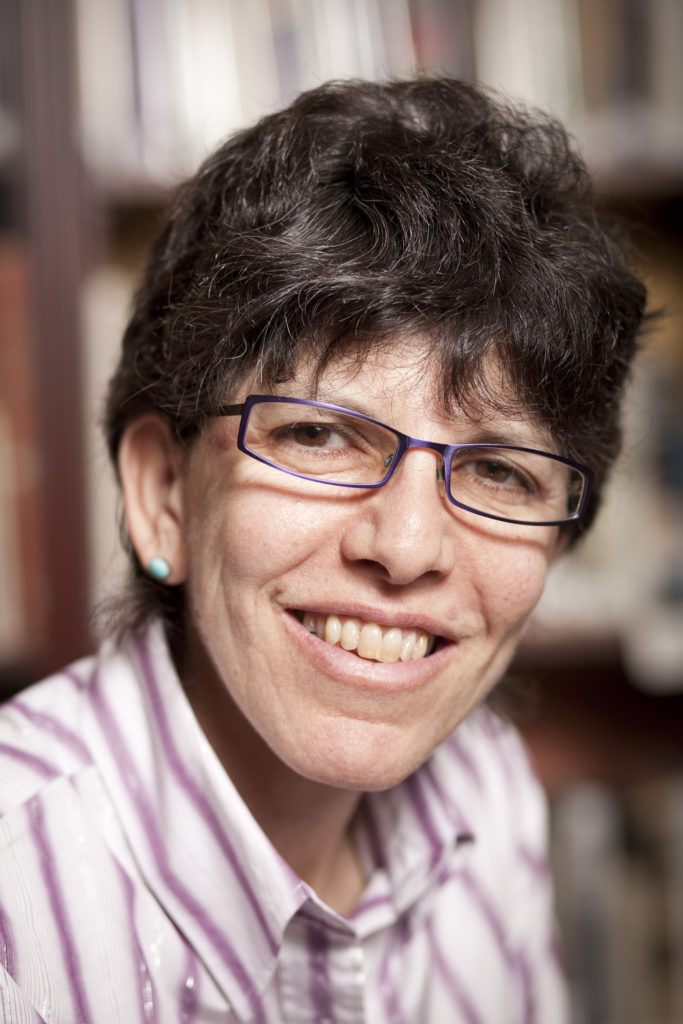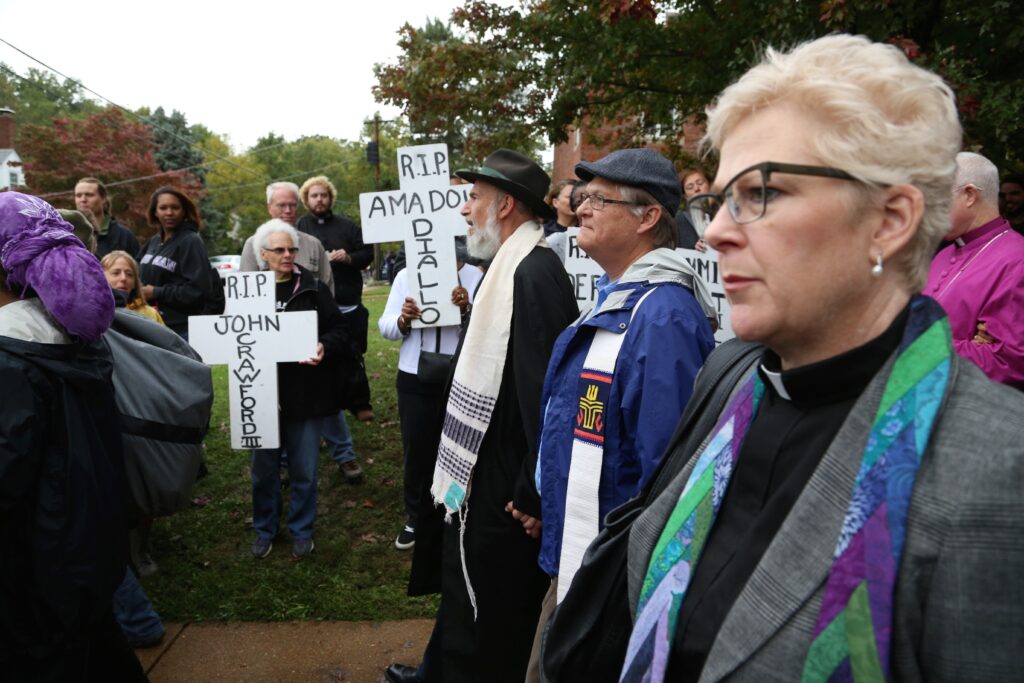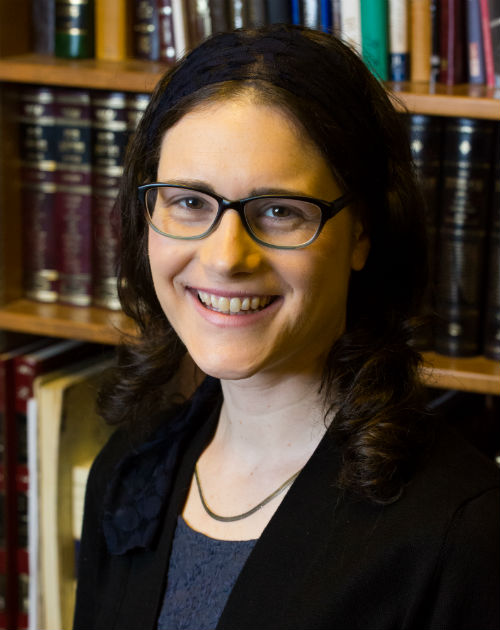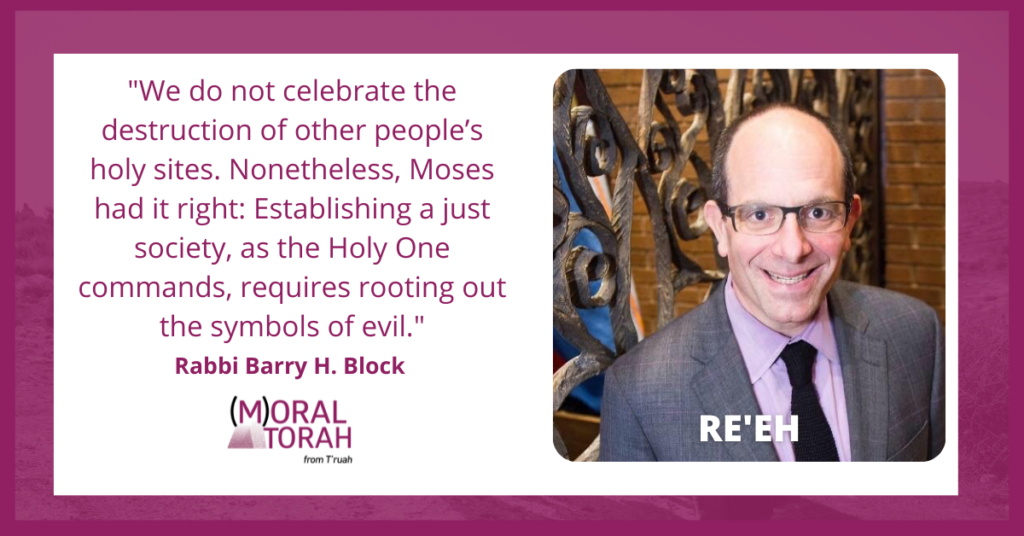
Dangerous Idols in Ancient Israel and Contemporary America
We do not celebrate the destruction of other people’s holy sites. Nonetheless, Moses had it right: Establishing a just society, as the Holy One commands, requires rooting out the symbols of evil.
read more


